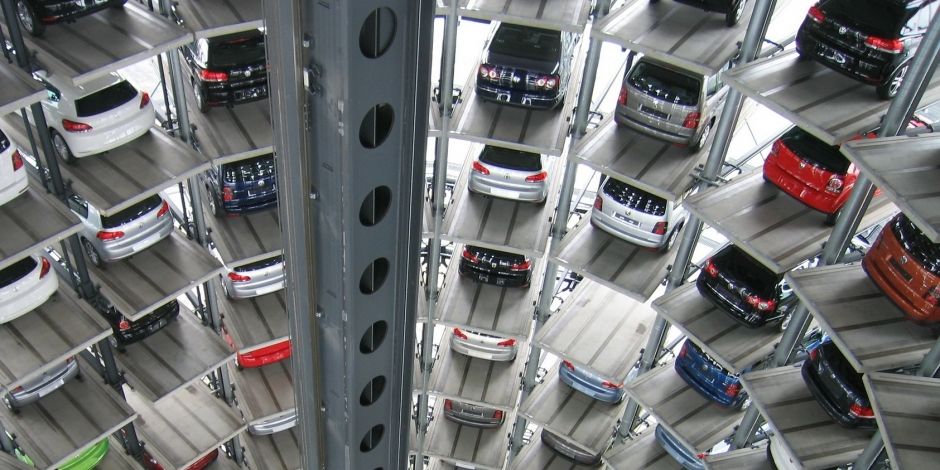
Degroof Petercam AM: Macro Economic Update
Welcome signs of hope in manufacturing but global growth outlook remains clouded.
11.11.2019 | 07:57 Uhr
Global growth hovers just below 2.5% - a level that is often seen as a threshold to avoid a global recession - with overall sentiment still pointing to slowing growth (see graph below). Encouragingly, compared to last month, the narrative improved. The uptick in manufacturing confidence suggests the global industrial downturn is not deepening further (but instead points towards a slight acceleration).
The US and China seem to be on the verge of striking some sort of mini-trade deal (including a partial rollback of tariffs). Meanwhile, chances of an imminent hard Brexit have receded following the Brexit extension to early 2020. What’s more, Washington hinted that talks with the EU could proceed, rather than imposing tariffs on imported cars (though a final decision will be made on November 13).
That said, for now at least, the bigger story is still that economic growth has slowed down materially compared to 2016-2018. So far, the malaise in the automobile industry shows no clear signs of abating. Importantly, confidence in the service sector continues to come down and labour markets across the globe are losing steam. What’s more, geopolitical uncertainty is unlikely to disappear going forward. Trade tensions (China is unlikely to make significant concessions on industrial policy and technology) and Brexit uncertainty looks set to linger on in the foreseeable future, which will continue to cloud the outlook for investment.
The combination of weakening economic momentum, (geo)political uncertainty, below target inflation and weakening price pressures has led central banks to become much more dovish in recent months. Central banks across the globe have been loosening policy following a very brief period of tightening (see graph below), implying that a possible scenario of secular stagnation should not be dismissed so easily.
There has been more talk about fiscal stimulus. Germany’s economy, for example, could benefit from a short-term boost and permanently higher investment. But then again, there’s no guarantee that this will happen with full conviction. Finance minister Scholz said the government could afford a fiscal expansion of €50bn (~1.4% of GDP) but the willingness to use that money remains fairly limited so far.




Diesen Beitrag teilen: